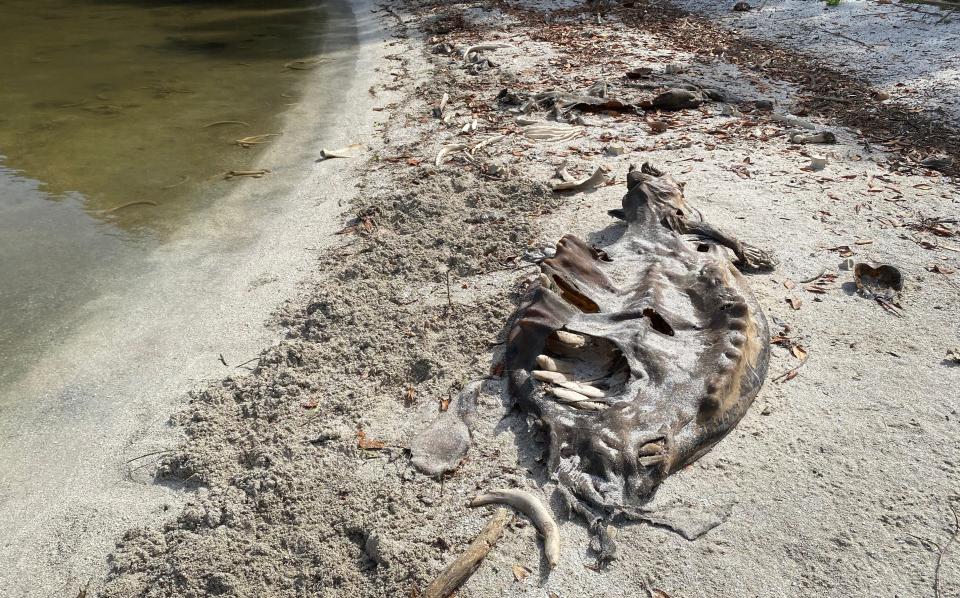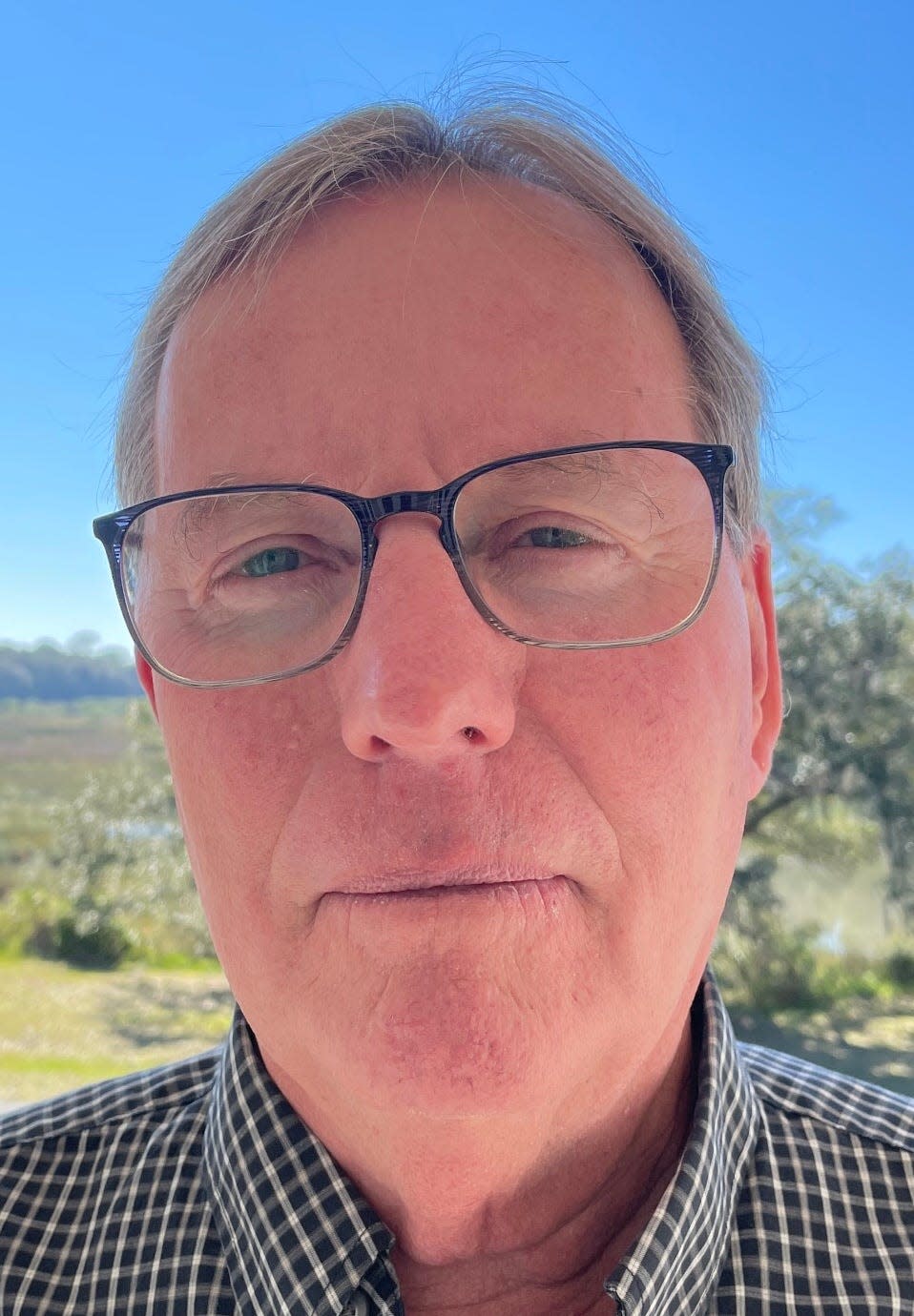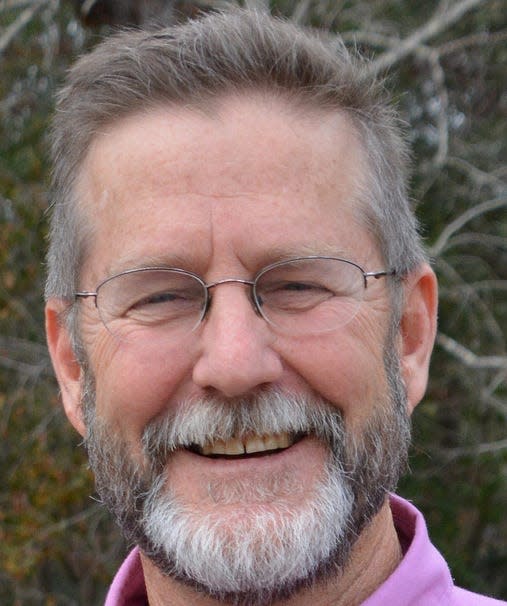Feeding manatees is humane — but points to humans' environmental failures | Opinion
As two longtime state and federal manatee conservation officials, now retired, we were surprised and disappointed to learn that state and federal authorities decided to feed manatees in Brevard County this winter.
Disappointed not so much in the decision itself but rather the circumstances that lead to the decision. We had spent decades overseeing state and federal manatee conservation programs in Florida; manatee speed zones, refuges, rescues, you name it. But we believe the decision to feed manatees this winter, while humane, sadly represents an overall failure in stewardship of the environment and management of this species.

The decline and collapses of sea grasses in Indian River Lagoon can be directly traced to decades of systemic neglect and mismanagement. Pollution and limited circulation led to nutrification, algal blooms, decreased water clarity, and ultimately the death of sea grasses ... the collapse of an ecosystem upon which all kinds of marine life, including manatees, depend.
More: Florida wildlife officials say give over dollars, not lettuce to save starving sea cows
We also perpetuated thermal pollution from power plants that discharge warm water into these systems. We required industry to make the outfalls available to manatees and reliably keep the water warm. This attracted generations of manatees, and significant portions of the manatee population now winter in a part of Florida otherwise too cold for them to survive. The manatees literally know nothing else.
Was allowing/requiring manatee access to artificial hot water a good idea in the 1970s when we were focused on growing the herd? Maybe. Is it a good idea today? Absolutely not. The net effect (not just in Brevard County but throughout Florida) has been to facilitate the growth of the manatee herd to a population level that most experts believe is larger than in any time in recorded history; there are most certainly more manatees in Florida today than half a millennium ago when the first Spanish explorers sailed our coasts.

State and federal biologists have long realized that we must find a way to wean manatees off artificial warm water sites, particularly in central and north Florida. To address this problem a task force consisting of agencies, power companies, academics, and conservation organizations was formed in 2005; yet even today, no acceptable solution has been agreed upon, much less implemented. Certainly not in time to have prevented manatees from starving last year or this winter.

Should we be feeding manatees now? It seems like the only humane thing to do given our culpability in creating this situation. But it is a flimsy Band-Aid, far from a cure. In nature, wildlife and fishery populations reflect the quality and quantity of their habitat. More manatees will starve unless we insist on better management of water quality and aquatic resources and find a way to manage and restore manatee populations in their natural range, in self-sustaining habitats, and at population levels reflective of what the habitat will support.
The manatee population is large enough to secure its future — if we have healthy bays, lagoons, and rivers for food; and springs and other natural warm water areas for them to survive the winter.
Kipp Frohlich and Dave Hankla had a combined 55 years leading manatee conservation efforts for the state of Florida and the U.S. Fish and Wildlife Service.
Support local journalism and become a subscriber. VIsit floridatoday.com/subscribe
This article originally appeared on Florida Today: The need to feed manatees points to humans' environmental failures

